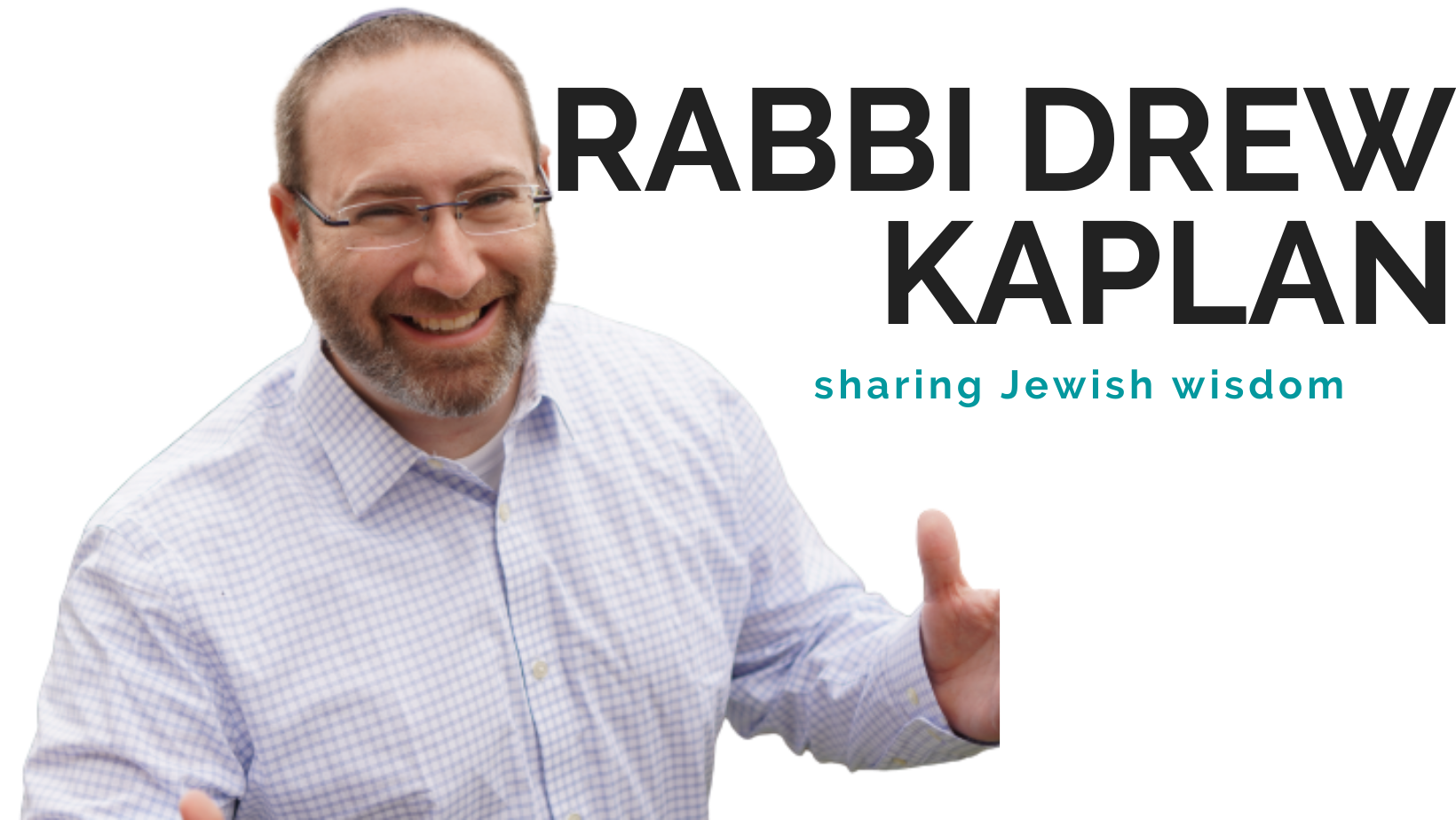A couple of weeks ago, the third annual Rabbis Without Borders Retreat took place at the Pearlstone Conference and Retreat Center, which was great, except that I did not attend this year. While I did attend last year (and I realized I have not yet written about it online – perhaps I shall revisit my notes and post about my experience at that conference), having been a part of the third Rabbis Without Borders (RWB) cohort, with the recent addition of our third child, I was not able to leave my wife for several days to attend this year’s conference. However, thanks to the wonders of the Internet, I was still able to catch some sense of the conversation going on.
Following the conference on Twitter (#RWBClal), I was able to read about the highlights close to realtime. While there have been posts by some attendees about their reflections (“On the Rabbis Without Borders Retreat and Success”, “RWB Alumni Retreat: First 24 hours, in Gerunds”, and “On My Two Rabbinic Communities: Rabbis Without Borders and ALEPH”), I wanted to share my highlights from Twitter. As you can see in this post, I am doing much like I did with the first gathering of this year’s RWB cohort and sharing pictures of my re-tweets (and modified re-tweets) from the conference.
I think my top three favorite lines from the tweets are the following:
– “I wasn’t trained to be a prophet; I was trained to teach Torah.” -Rabbi Michael Balinsky
– “There’s more peril than promise in politicking as rabbis.” -Rabbi Jack Moline
– If you have all of the truth, you cannot grow! Better to not have all of the truth, so you can look for it.” -Rabbi Hanan Schlesinger
One featured discussion was “Interfaith Families as Bridges”, featuring Susan Katz Miller, author of Being Both: Embracing Two Religions in One Interfaith Family and Rabbi Harold White:

Another featured discussion, was on politics, “Jewish Political Advocacy”, with Rabbi Jack Moline of The Democratic Jewish Council and Noah Silverman of the Republican Jewish Coalition, which seemed to be a nice little panel and they offered their views:


It was put out there that we might not have our prophetic voice, etc., but what do we have? I enjoyed what Rabbi Michael Balinsky had to say about not being trained in that. Upon further reflection, I realized that rabbis are trained to be textual interpreters, staying within the tradition, and not so much about prophetic stuff:

The conversation that seemed to me to be the most exciting was that on rabbinic success and I’m not just saying that because I really enjoy Rabbi Kula’s ideas (whether I agree or disagree, they’re almost always guaranteed to be insightful and push one to think in a great direction). For those who know me, I have been thinking (and writing) about qualitative data in the Jewish community (see here, for instance). For some reason, I hadn’t moved on yet to thinking about it in the rabbinate. From some of the highlights on Twitter, I saw that there was quite a discussion about it and yet it seemed to be somewhat elusive to measuring/defining success in the rabbinate. I found some of the twists and turns of the conversation to be interesting:


However, one way of measuring one’s success is to do a survey, perhaps even a 360 Assessment. That’s not a bad idea for a congregation (or rabbi) that takes their rabbi’s work seriously. Taking annual measurements of the rabbi’s performance. Another way is to shoot for excellence in their classes – maybe they have a goal or telos and measure up against that, perhaps by doing a poll? Of course, the most easily measurable sorts of success are quantitative, whethere that’s number of classes led, number of attendees at those classes, number of attendees at services, or number/percentage of times at certain visiting events (shiva, funerals, hospital visits, etc.). However, what’s more fascinating to see is the qualitative assessment of the rabbi’s work: how good are they at shiva visits, how good are they at hospital visits, how good are they at conducting weddings, funerals, bar/bat mitzvah celebrations, etc.? Of course, an organizational psychologist could come in and administer surveys, 360s, etc. to make it happen. But, for a more cash-strapped synagogue or one looking for a less formal way of assessing the quality of their rabbi’s work, I wonder if there could be a way – perhaps by surveys, committees, or other ways – of assessing it….
Anyways, there here are some miscellaneous tweets, as well:


Hope you enjoyed!
